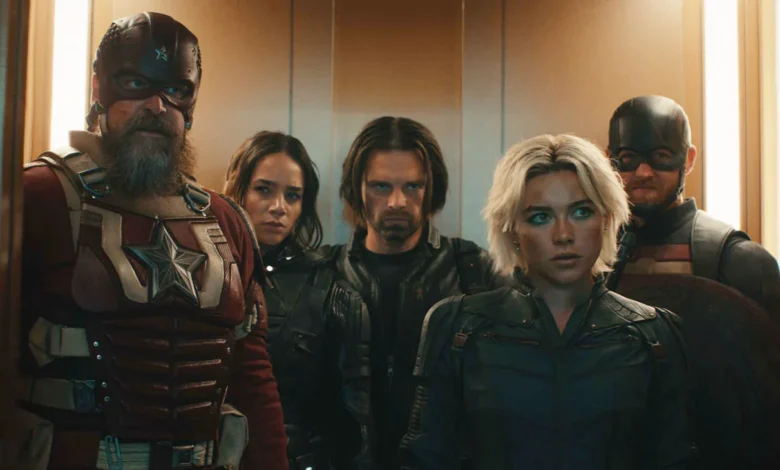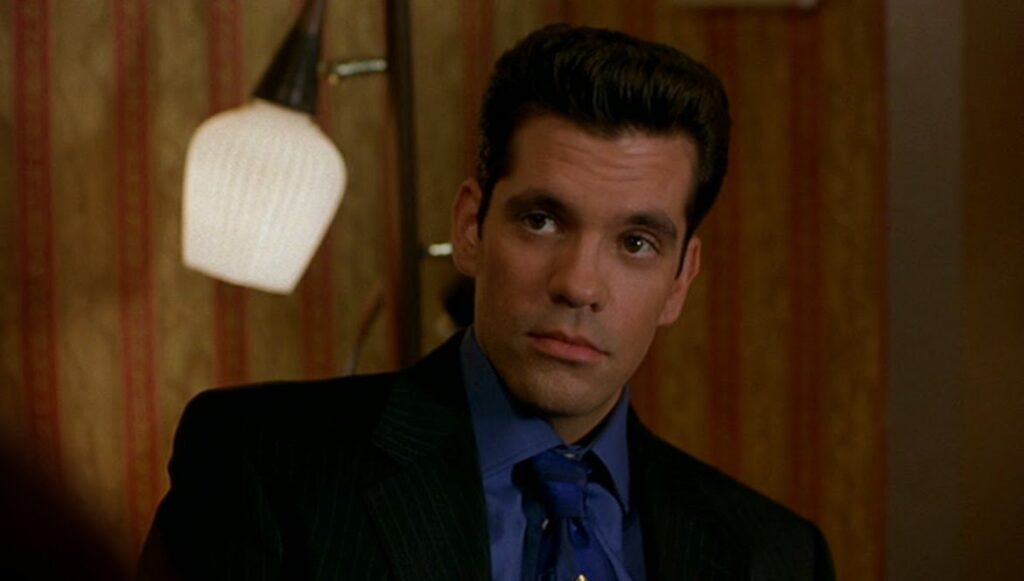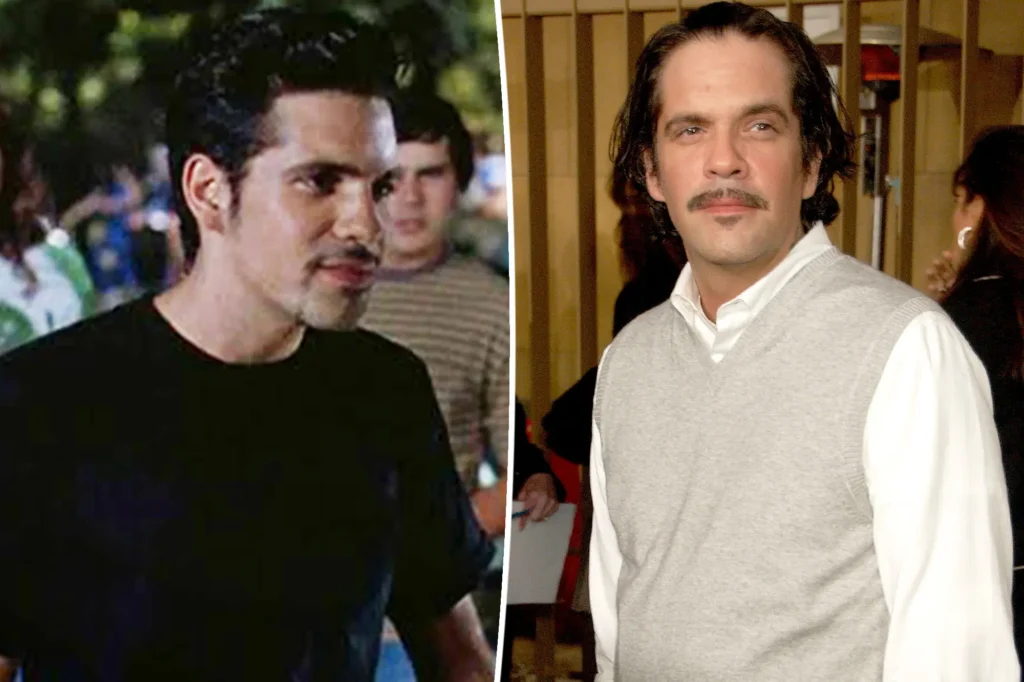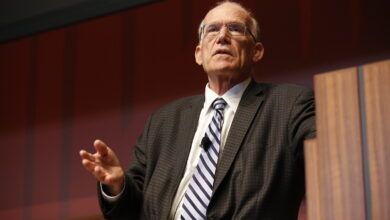Nicky Katt: The Unconventional Force in Film and Television

Introduction: The Enigmatic Artistry of Nicky Katt
Nicky Katt is not a name that dominates mainstream Hollywood headlines, but for those who appreciate nuanced performances and offbeat characters, he’s a hidden gem. With a career spanning over three decades, Katt has carved out a niche as a character actor who thrives in morally ambiguous roles, indie films, and collaborations with visionary directors. His work is defined by a raw authenticity that often leaves audiences captivated, even when his screen time is limited.
What sets Katt apart is his refusal to conform to industry expectations. He’s not chasing blockbuster fame or leading-man status. Instead, he gravitates toward projects that challenge societal norms or explore the darker corners of human behavior. This approach has earned him a cult following among cinephiles and critics alike, who recognize his ability to elevate even the most unconventional scripts.
In an era where actors often prioritize visibility over substance, Katt’s career serves as a reminder that artistry doesn’t require red-carpet fanfare. His filmography is a mosaic of complex antiheroes, quirky sidekicks, and quiet revolutionaries—roles that linger in the mind long after the credits roll.
The Early Years: Nicky Katt’s Journey into Acting

Nicky Katt path to acting was anything but conventional. Born in Dallas, Texas, in 1970, he grew up in an environment far removed from the glitz of Hollywood. His early fascination with storytelling and performance led him to local theater productions, where he honed his craft long before stepping onto a film set. Unlike many actors who attend prestigious drama schools, Katt’s education in acting was largely self-directed, fueled by a voracious appetite for classic films and literature.
By his late teens, Katt had relocated to Los Angeles, determined to break into the industry. His first roles were modest—guest appearances on TV shows like The Wonder Years and Doogie Howser, M.D.—but they provided a foundation. Directors quickly noticed his ability to infuse even minor characters with depth. His breakthrough came in 1992 with the indie film School Ties, where he played a supporting role alongside Brendan Fraser and Matt Damon. Though the film was a modest success, it showcased Katt’s knack for portraying simmering tension and moral conflict.
This period of Katt’s career was marked by experimentation. He took risks with low-budget projects and avant-garde theater, avoiding typecasting by jumping between genres. These choices laid the groundwork for his reputation as an actor unafraid to embrace the unconventional.
Breakthrough Roles: Cementing a Unique Screen Presence
The late 1990s and early 2000s solidified Nicky Katt’s status as a go-to actor for directors seeking intensity and unpredictability. His role in Richard Linklater’s SubUrbia (1996) was a turning point. As Buff, a disillusioned slacker grappling with small-town ennui, Katt delivered a performance that was both hilarious and heartbreaking. Critics praised his ability to balance cynicism with vulnerability, making the character relatable despite his flaws.
Another standout moment came with Steven Soderbergh’s The Limey (1999). Playing a cold-blooded enforcer opposite Terence Stamp, Katt brought a quiet menace to the screen. His scenes were understated yet electrifying, proving he could hold his own alongside seasoned actors. This collaboration with Soderbergh opened doors to more high-profile projects, including Boiler Room (2000), where he portrayed a brash stockbroker. The film’s cult status further amplified Katt’s appeal.
What makes these roles memorable is Katt’s refusal to simplify his characters. He avoids clichés, opting for layered interpretations that blur the line between hero and villain. This ambiguity has become a hallmark of his work, setting him apart in an industry that often demands clear-cut archetypes.
Versatility Across Genres: From Crime Thrillers to Dark Comedies
Nicky Katt’s filmography defies categorization. He’s equally at home in gritty crime dramas, absurdist comedies, and psychological thrillers. Take, for example, his role in One Hour Photo (2002), where he played a store clerk caught in the crosshairs of Robin Williams’ disturbed character. The role required subtlety, as Kait had to react to Williams’ escalating madness without overshadowing it. His performance was a masterclass in restraint.
In contrast, Dazed and Confused (1993)—another Linklater collaboration—showcased Katt’s comedic timing. As Clint, a sadistic senior hazing incoming freshmen, he balanced cruelty with a twisted charm. The character could have been one-dimensional, but Katt injected humor and humanity, making Clint oddly endearing.
This genre-hopping isn’t just a testament to Katt’s range; it’s a deliberate choice. He’s stated in interviews that predictability bores him. By constantly shifting gears, he keeps his work fresh and avoids the stagnation that plagues many character actors.
Collaborations with Visionary Directors
Nicky Katt’s career is peppered with collaborations with auteurs who value artistic risk. His partnership with Richard Linklater, spanning Dazed and Confused, SubUrbia, and Waking Life (2001), highlights their shared interest in existential themes and flawed protagonists. Linklater’s improvisational style meshed perfectly with Katt’s instinctual approach to acting.
Steven Soderbergh is another key figure. Beyond The Limey, Katt appeared in Full Frontal (2002) and Solaris (2002). Soderbergh’s experimental narratives pushed Katt to explore new emotional territories, particularly in Solaris, where he played a grieving friend grappling with loss.
These partnerships reveal a pattern: Katt thrives under directors who prioritize storytelling over spectacle. He’s not interested in franchises or CGI-heavy blockbusters; he seeks out filmmakers who challenge him to dig deeper.
Personal Philosophy: Off-Screen Insights and Influences

Away from the camera, Nicky Katt is notoriously private. He rarely engages in celebrity culture or social media, preferring to let his work speak for itself. In rare interviews, he’s emphasized the importance of authenticity—both in art and life. He cites influences like Marlon Brando and Robert Mitchum, actors who prioritized emotional truth over technical perfection.
Katt’s disdain for Hollywood’s commercialism is well-documented. He’s criticized the industry’s reliance on box-office formulas, arguing that it stifles creativity. This philosophy explains his preference for indie films and passion projects, even when they offer little financial reward.
Legacy: Why Nicky Katt Matters
In an industry obsessed with stars, Nicky Katt’s career is a quiet rebellion. He’s proof that impact doesn’t require fame. By consistently choosing roles that challenge norms, he’s expanded the possibilities for character actors. Younger performers cite him as an inspiration, praising his fearlessness and commitment to craft.
While he may never win an Oscar or headline a Marvel film, Katt’s influence is undeniable. He represents a different kind of success—one measured not by accolades, but by artistic integrity.
FAQs About Nicky Katt
Q: What are Nicky Katt’s most famous roles?
A: Notable roles include Buff in SubUrbia, Gary in The Limey, and Greg in Boiler Room. He’s also known for TV appearances in Boston Public and Friday Night Lights.
Q: Why isn’t Nicky Katt a household name?
A: Katt prioritizes artistic projects over mainstream visibility. He avoids typecasting and often takes more minor roles in indie films, which limits his exposure.
Q: Has Nicky Katt directed any projects?
A: Yes, he directed the short film The Accountant (2001) and has expressed interest in helming more projects, though acting remains his focus.
Q: What’s next for Nicky Katt?
A: He continues to work in independent cinema, with recent appearances in The Sweet Life (2016) and Armed (2018). He’s selective, choosing roles that offer creative challenges.
Q: How can I explore more of his work?
A: Start with SubUrbia, The Limey, and One Hour Photo. For TV, check out his arcs in Boston Public and Friday Night Lights.





